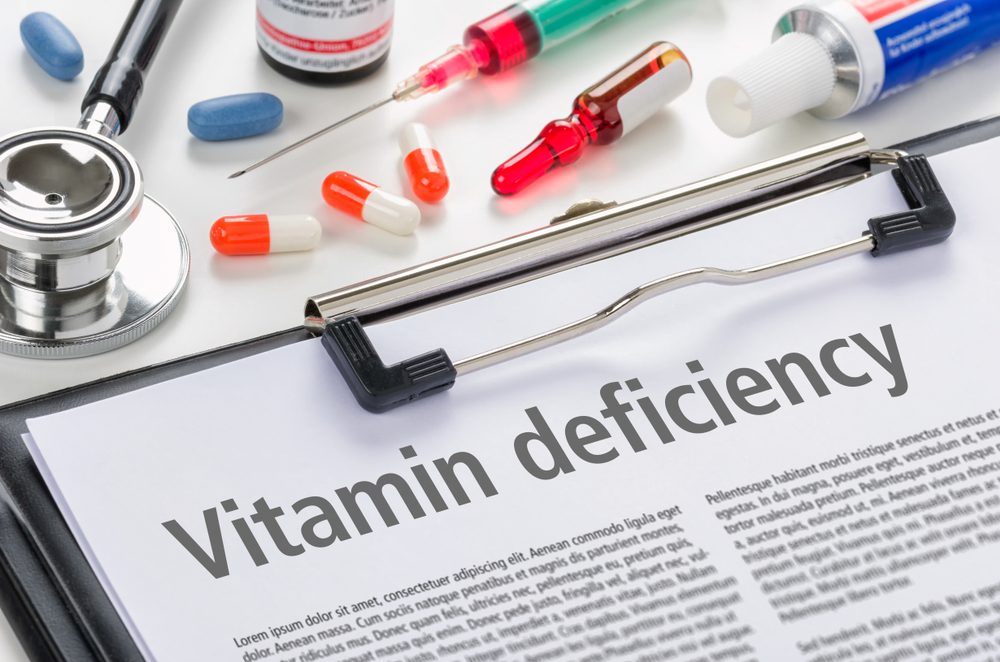Frequently Asked Questions About the Shingles Vaccine
It’s natural to have questions when making a health decision. Here are answers to some of the most common queries about shingles and the Shingrix vaccine to help you feel confident and informed.
Question 1: I already had shingles once. Do I really need the vaccine?
Answer: Yes, absolutely. While having shingles does provide some natural immunity, it’s not guaranteed to last forever, and a second or even third episode is possible. The Shingrix vaccine elicits a much stronger and more reliable immune response than a natural infection does. The CDC recommends getting the vaccine after you have fully recovered from a shingles outbreak to prevent it from happening again.
Question 2: What are the most common side effects of the Shingrix vaccine?
Answer: The most common side effects are temporary and a sign that your immune system is building protection. They include pain, redness, or swelling at the injection site, as well as muscle aches, fatigue, headache, chills, or a low-grade fever. These typically last only a day or two. It’s a good idea to plan a low-key day following your vaccination.
Question 3: How effective is the Shingrix vaccine, really?
Answer: Shingrix is remarkably effective. In clinical trials for adults ages 50 to 69, it was 97% effective in preventing shingles. For those 70 and older, it was 91% effective. Crucially, it was also over 90% effective at preventing the most common and feared complication, postherpetic neuralgia (PHN), across all age groups.
Question 4: Can I get shingles from the vaccine itself?
Answer: No, you cannot get shingles from the Shingrix vaccine. Shingrix is a recombinant vaccine, which means it is not made with a live virus. It contains only a small, non-infectious piece of the virus. This is what makes it different from the older Zostavax vaccine, which did contain a weakened live virus.
Question 5: Is the shingles vaccine covered by insurance or Medicare?
Answer: Yes, for most people. The Affordable Care Act requires most private health insurance plans to cover the Shingrix vaccine with no or low out-of-pocket costs. For seniors, it is covered under Medicare Part D (the prescription drug plan). It’s always a good idea to confirm your specific coverage with your plan provider before your appointment.
Question 6: I’m healthy and active at 65. Do I still need to worry about this?
Answer: Yes. Being healthy and active is fantastic, but the primary risk factor for shingles is age itself. The natural, age-related decline in immune function happens to everyone, regardless of how healthy their lifestyle is. The vaccine acts as a crucial support system for your otherwise healthy body, specifically targeting this vulnerability.




















